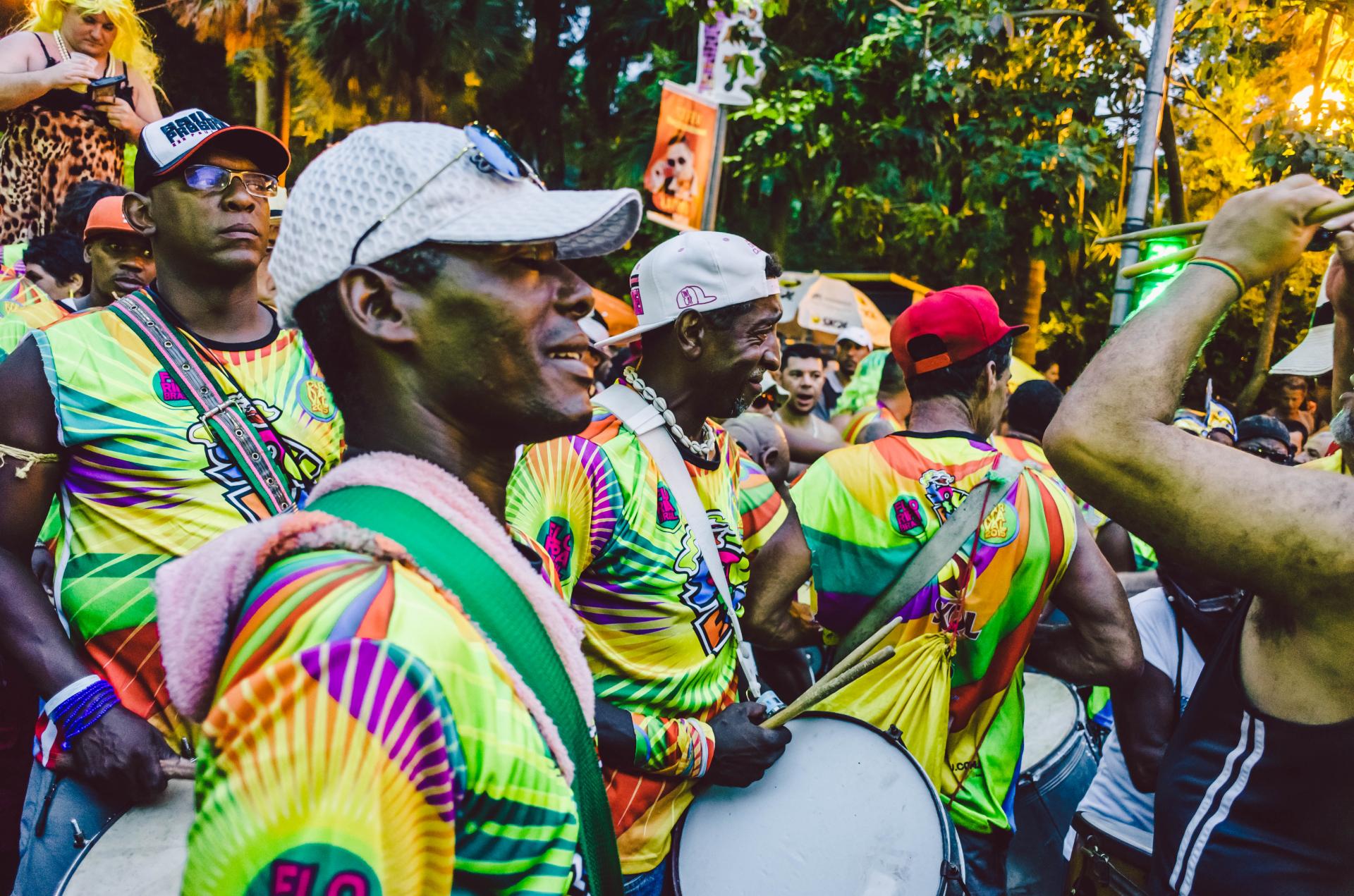Carnival in Brazil 2022 – What Will Take Place?

Carnival is the biggest annual event in Brazil. The country is known for its samba, showy costumes, and lively street parties. In Rio de Janeiro alone, more than three million visitors celebrate carnival every year. For many Brazil travelers, a dream will certainly come true when they experience these special days.
Carnival during a pandemic
Due to the corona pandemic, Brazil had to pause the carnival in 2021, for the first time since 1840. This year, there was hope that the carnival could take place as usual. As the vaccination campaign progressed successfully, the number of corona infections decreased over the last months. Over 80 percent of the population has now been vaccinated completely (as of February 21, 2022). This positive development motivated many samba schools to prepare for the big event at the end of February. The schools always spend several months organizing their shows. They craft costumes and floats and practice their complex choreographies.
The omicron variant has recently caused an increase of infections again. In December, several mayors and governors already warned that protection measures at street festivals could hardly be observed and controlled. Admission controls would be almost impossible due to the quantity of people on the streets.
Now, the official part, the parade of the samba schools, has also been postponed. The emphasis here lies on postponed, because in contrast to last year, it was not canceled completely. The country hopes that the current corona wave will flatten out by mid-April. A date has already been set: April 21, the public holiday of Tirandentes. The day traditionally marks the commemoration of the freedom fighter and national hero from the 18th century, on the date of his death.
How do the cities react to the current corona situation?
Thus, the most famous parade in the sambodrome in Rio de Janeiro does not take place as usual. The same goes for São Paulo, the most populous city in Brazil, where the streets will be empty at the end of February and the sambodrome remains deserted. The mayors of the two cities announced the decision in a joint statement a few days ago. Before, they discussed further actions with representatives of the samba schools and the health authorities. In light of the current situation, lives must be preserved, the mayors said.
The samba schools associations of Rio and São Paulo support this decision. They hope that in April they can celebrate carnival with the joy and ease the festival deserves. And not dominated by the fear of a worsening of the pandemic.
A cancelation would also mean the loss of millions of dollars of revenue after last year's deficit. In addition to its cultural importance, carnival is also an important source of income for Brazil's cities. According to the portal “Carnavalesco”, the festivities yield around 700 million US dollars for Rio de Janeiro alone.
In Florianópolis, a popular holiday destination in the south of Brazil, it is already clear since the beginning of January that there will be no show and no street parades for carnival. The city's mayor, Gean Lourerio, recognized that carnival is of great importance for the country's culture and identity. At this point of the pandemic, however, caution against new infections must be top priority, he said. Other cities like Salvador da Bahia and Olinda also forgo the traditional carnival celebrations in favor of a more cautious proceeding.
Attractive alternatives
The country hopes for a late carnival in April. For all carnival enthusiasts, the Carnatal in Natal awaits during a Brazil vacation. Carnatal is Brazil's largest carnival party outside of the carnival season. The festival has been held annually in December since 1991.
As another alternative, we recommend the film “O Samba” by Georges Gachot. The documentary shows the diverse world of Brazilian samba. In 2014, the movie premiered at the international film festival “Festival Cinéma brésilien” in Paris.
Sources: www.dw.com, www.g1.globo.com

